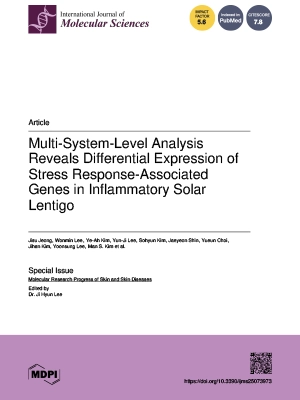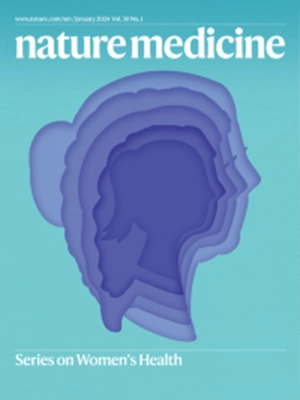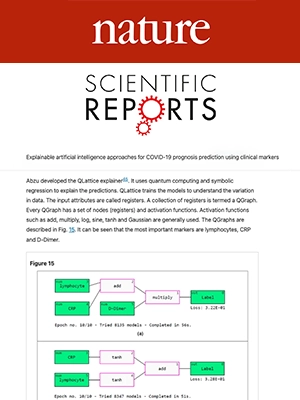Krishnaraj Chadaga, Srikanth Prabhu, Vivekananda Bhat, Niranjana Sampathila, Shashikiran Umakanth, and Rajagopala Chadaga. Annals of Medicine (April 2023).
Abstract.
Objective.
The persistent spread of SARS-CoV-2 makes diagnosis challenging because COVID-19 symptoms are hard to differentiate from those of other respiratory illnesses. The reverse transcription-polymerase chain reaction test is the current golden standard for diagnosing various respiratory diseases, including COVID-19. However, this standard diagnostic method is prone to erroneous and false negative results (10% -15%). Therefore, finding an alternative technique to validate the RT-PCR test is paramount. Artificial intelligence (AI) and machine learning (ML) applications are extensively used in medical research. Hence, this study focused on developing a decision support system using AI to diagnose mild-moderate COVID-19 from other similar diseases using demographic and clinical markers. Severe COVID-19 cases were not considered in this study since fatality rates have dropped considerably after introducing COVID-19 vaccines.
Methods.
A custom stacked ensemble model consisting of various heterogeneous algorithms has been utilized for prediction. Four deep learning algorithms have also been tested and compared, such as one-dimensional convolutional neural networks, long short-term memory networks, deep neural networks and Residual Multi-Layer Perceptron. Five explainers, namely, Shapley Additive Values, Eli5, QLattice, Anchor and Local Interpretable Model-agnostic Explanations, have been utilized to interpret the predictions made by the classifiers.
Results.
After using Pearson’s correlation and particle swarm optimization feature selection, the final stack obtained a maximum accuracy of 89%. The most important markers which were useful in COVID-19 diagnosis are Eosinophil, Albumin, T. Bilirubin, ALP, ALT, AST, HbA1c and TWBC.
Conclusion.
The promising results suggest using this decision support system to diagnose COVID-19 from other similar respiratory illnesses.












